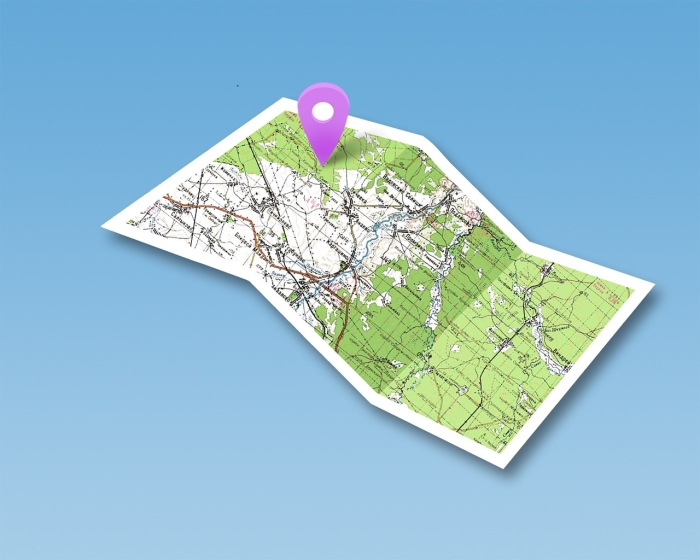No need to explain what is the location because we live with this system since the technological revolution has reached our hands. Constant innovations in this field allow us to expand our knowledge of the environment, but also reduce the field of freedom of others. Now the controversy is served with geolocation child.
One of the issues that has aroused more controversy this year at Mobile World Congress, held in Barcelona, are the child geolocation systems. Companies that have launched these wearables market have grown significantly to see a gap in the market.
Increasing news about disappearance and abduction of children, along with the anxiety it generates parents, and the vulnerability of this group, makes us more sensitive to ask any means to be sure that our children are safe.
What are you offering?
Companies offer different models: bracelet, watch, or box that attaches to clothing. The most used systems are GPS location, some complement Smart Bluetooth Low Energy, or proper positioning systems as Pikavu, to improve localization. They carry a messaging app or service so that parents can know where the child is at all times. The information provided ranges from the most basic, a point position on google maps to the most detailed, if the child leaves the area marked as safe with Neki. Another of the features that the difference is the battery life from 3 days to recharge those with movement as Manysafe. The extras are carrying some alarm button, possibility that the child make emergency calls to five preset numbers entered on the clock as Neki.
But what brings advantages and disadvantages?
The controversy has been swift, in all media have appeared educators, teachers, psychologists contributing their views on the advantages and disadvantages of child geolocation.
Most of the disadvantages focus on intrusion of privacy of the child. Continuously monitor the children can seriously affect the autonomous development of the child and the relationship of parent-child trust. In addition, it is a way to delay learning the dangers children face, or the child may refuse to control him. According to psychologist Nati Cabrera, technology and education specialist at the Open University of Catalunya sees useful in the case of vulnerable groups but for children-adolescents has not so clear “In the parent-child relationship adolescents; the pillar of these relationships should be the full confidence, understanding and assuming a teenage son can betray, and that is also part of the educational process. ” Although there are many programs to learn how to avoid geolocation and adolescents can be downloaded in social networks.
As advantages we can see the statements of professor of evolutionary psychology and education at the Autonomous University of Madrid, David Poveda, who said in an article to ElPais that the GPS can teach children to be more autonomous “If used well, GPS it may be necessary at the beginning and end up being unnecessary because the child is able to make the journey safely. It can be a way to expand the spaces and trajectories of children “. As Professor Charo Sábada of the University of Navarra, specializing in technology and youth, in the same interview, he described the advantage of these devices when you take your children to a massive event like a fair or a music festival. And of course, the biggest advantage for parents is the tranquility that gives them know where your child is at certain times.
In summary
We can conclude that this system has different approaches depending on the group to which it is directed. Not the same geolocation children between 3 and 10 years, 11 to 18 years or children with some form of intellectual disability or disorder.
Children-adolescents between 11 and 18 years, most, has its own mobile and enough to be more responsible for their safety age, have to work the relationship of trust with parents and learn to avoid dangers. However, the advantages child geolocation the other two groups are outweigh the disadvantages. Of course, without neglecting the educational work of parents for children to learn to be more autonomous.
Photo: Free picture in Pixabay





